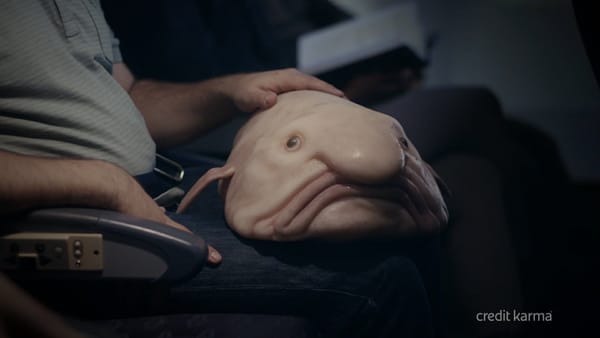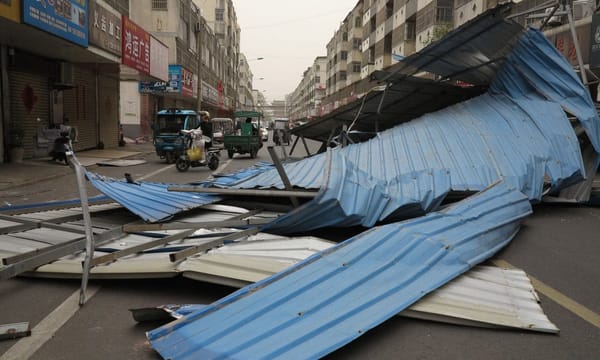9 Horrifying Animal Cruelty Facts The Meat Industry Doesn't Want You To See

Ever wonder what really goes on behind the closed doors of the meat industry? They paint a pretty picture in their ads, but trust us, the reality is a whole lot less appealing. Prepare yourself, because what you're about to read might just change the way you look at that burger forever. We're diving deep into some of the most horrifying animal cruelty facts the big corporations are desperately trying to keep hidden.
Get ready to have your eyes opened. This isn't for the faint of heart, but it's information we all deserve to know. The truth about factory farming is ugly, and these 9 facts are just the tip of the iceberg.
Confine Animals to Tiny Cages
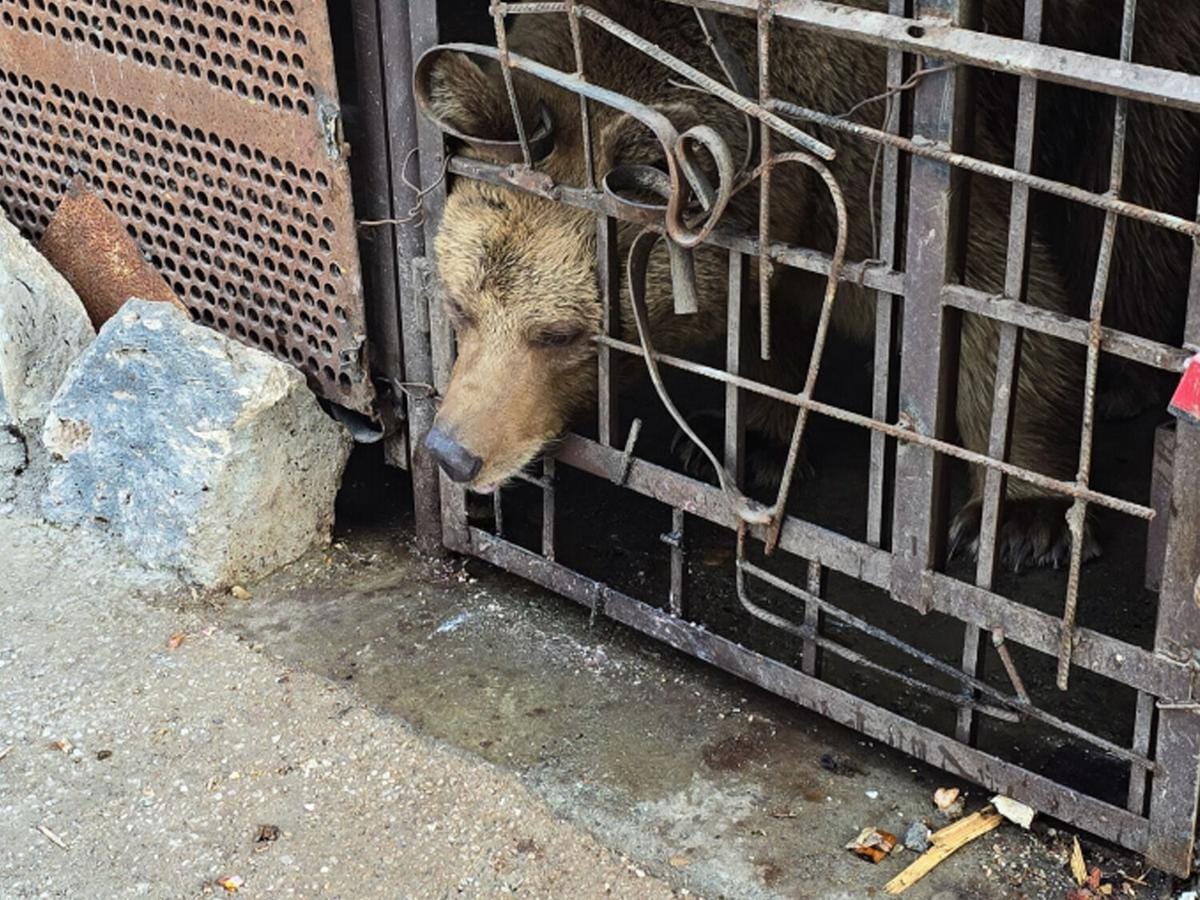
Imagine spending your entire life crammed into a cage so small you can barely turn around. This is the reality for millions of chickens, pigs, and calves raised for meat. These animals are denied the ability to express natural behaviors like nesting, foraging, or even stretching their limbs. The intense confinement leads to chronic stress, frustration, and physical ailments.
Routine Mutilation Without Pain Relief
Debeaking chickens, tail docking pigs, and castrating piglets are common practices in factory farms, and they're often performed without any pain relief. These procedures are done to prevent animals from harming each other due to the stressful conditions of confinement. However, the pain and trauma they inflict are undeniable and completely unnecessary.
Forced Rapid Growth for Maximum Profit
Modern farming practices prioritize rapid growth, forcing animals to reach slaughter weight as quickly as possible. This is often achieved through selective breeding and the use of growth hormones, which can lead to painful skeletal problems, heart failure, and other health issues. The animals literally grow faster than their bodies can handle, causing immense suffering.
Brutal Transportation to Slaughterhouses
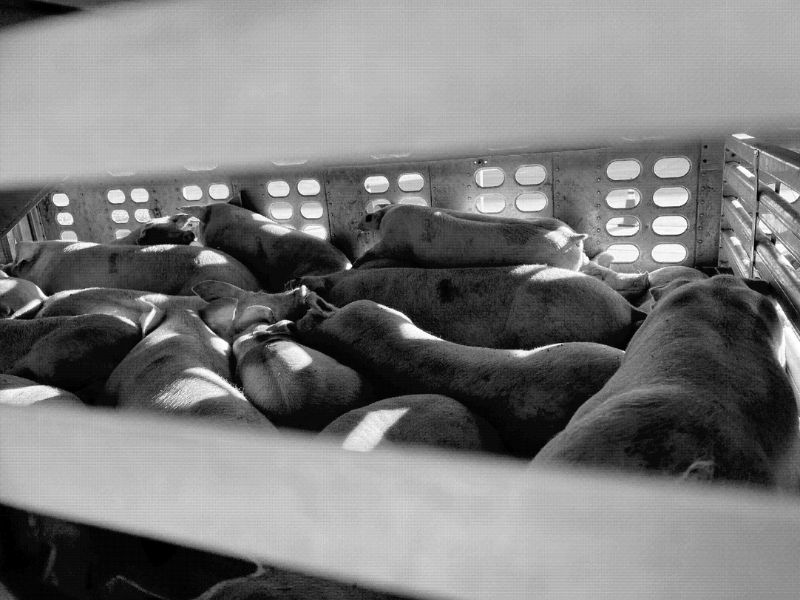
The journey to the slaughterhouse is often a terrifying ordeal. Animals are crammed into overcrowded trucks and transported for long distances without food, water, or rest. Many animals are injured or even die during transport due to the harsh conditions and rough handling. The stress and fear they experience are unimaginable.
Slaughter While Conscious
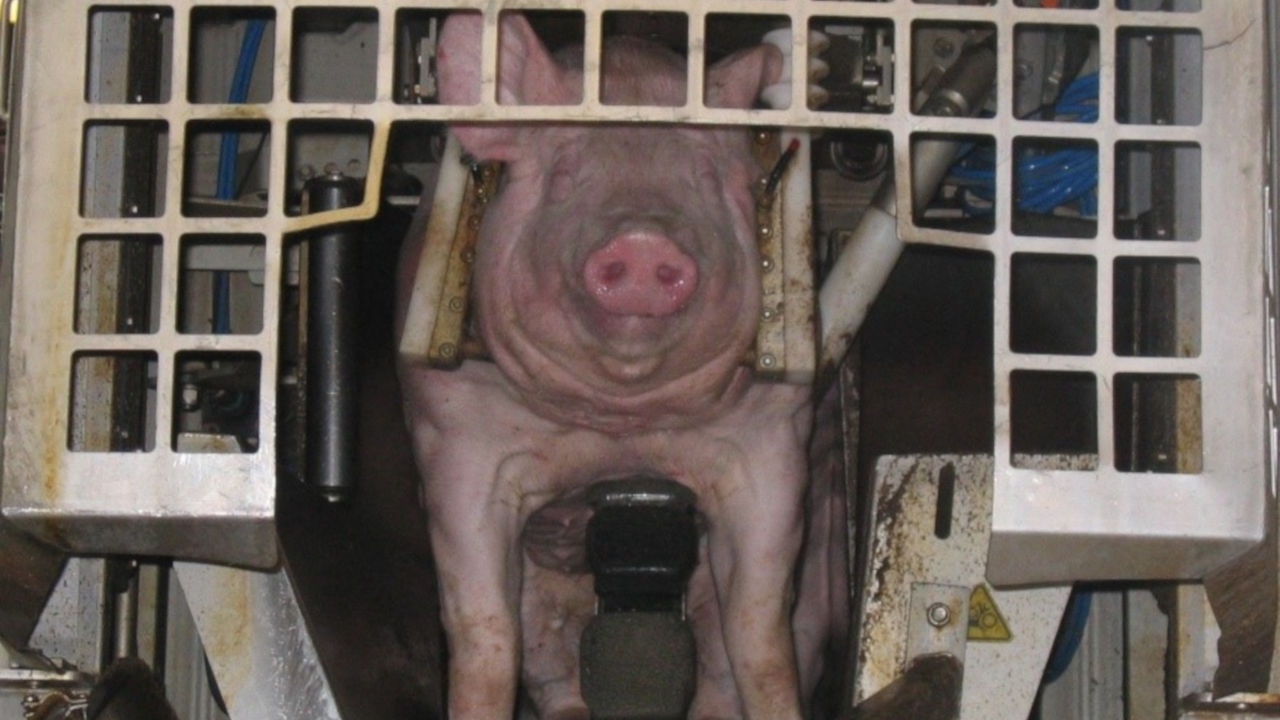
Despite regulations requiring animals to be stunned unconscious before slaughter, failures in the stunning process are common. This means that many animals are fully conscious when they are shackled, hung upside down, and their throats are cut. The suffering they endure during these final moments is horrific and unacceptable.
Baby Calves Separated From Mothers
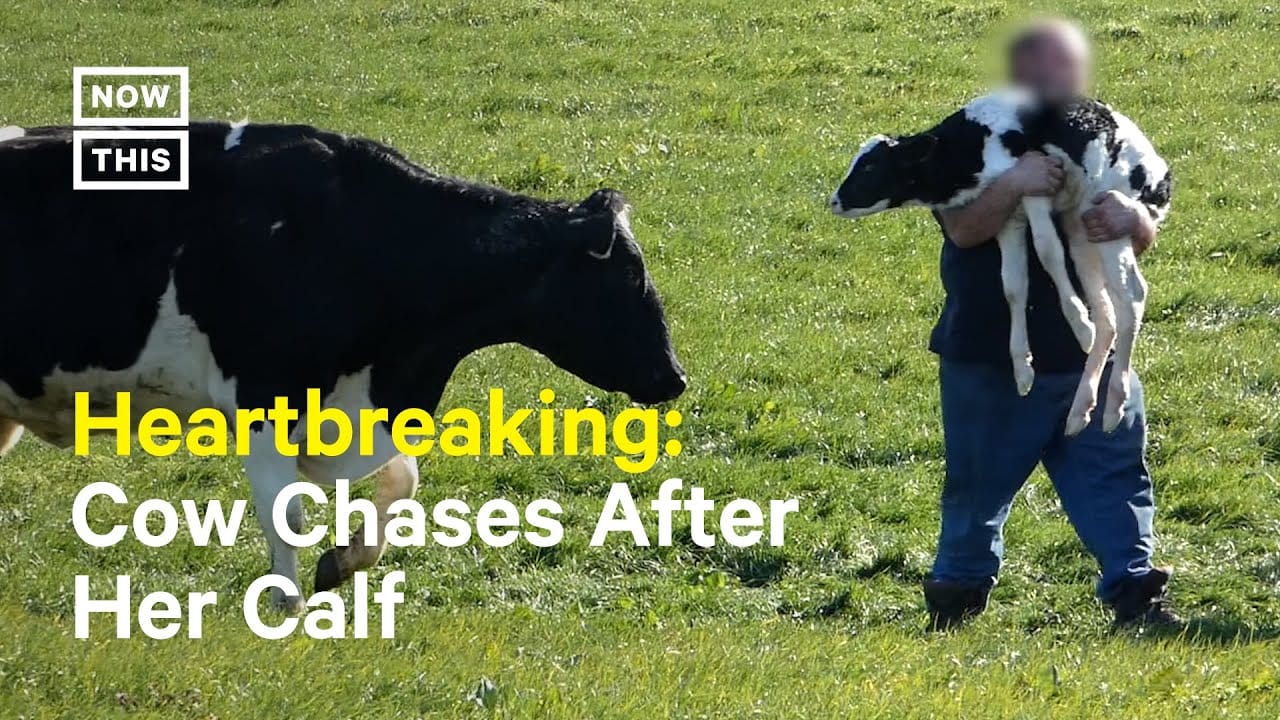
In the dairy industry, baby calves are routinely separated from their mothers within hours of birth. This separation is incredibly distressing for both the mother and the calf. The calves are then raised in isolation, often in small crates, and fed artificial milk replacers. Their natural instincts to nurse and bond with their mothers are completely denied.
Breeding Sows Imprisoned in Gestation Crates
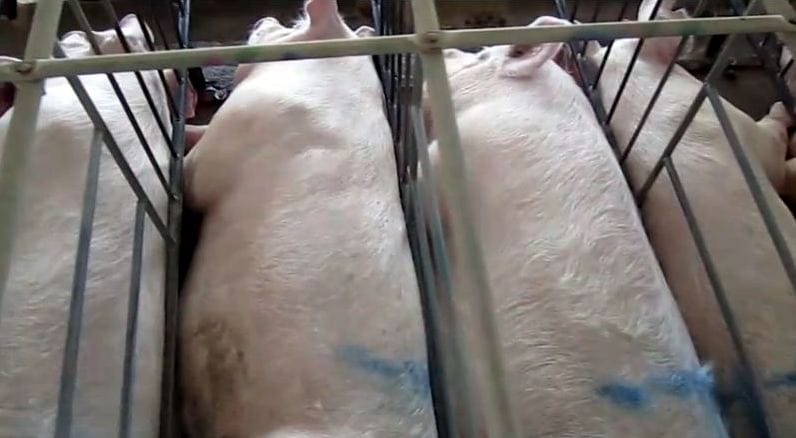
Breeding sows (female pigs) are often confined to gestation crates for nearly their entire lives. These crates are so small that the sows cannot turn around, lie down comfortably, or even engage in basic movement. The confinement causes extreme physical and psychological distress, leading to abnormal behaviors like bar-biting and head-weaving.
Extreme Overcrowding and Disease
Factory farms are notorious for their overcrowded conditions, which create a breeding ground for disease. Animals are packed so tightly together that they are forced to live in their own waste. This leads to the spread of infections and the routine use of antibiotics to prevent outbreaks. The excessive use of antibiotics contributes to the growing problem of antibiotic resistance.
Disposal of Male Chicks in the Egg Industry
In the egg industry, male chicks are considered useless because they cannot lay eggs. As a result, millions of male chicks are killed shortly after hatching. They are often ground up alive or suffocated in plastic bags. This cruel and unnecessary practice is a standard part of egg production.

